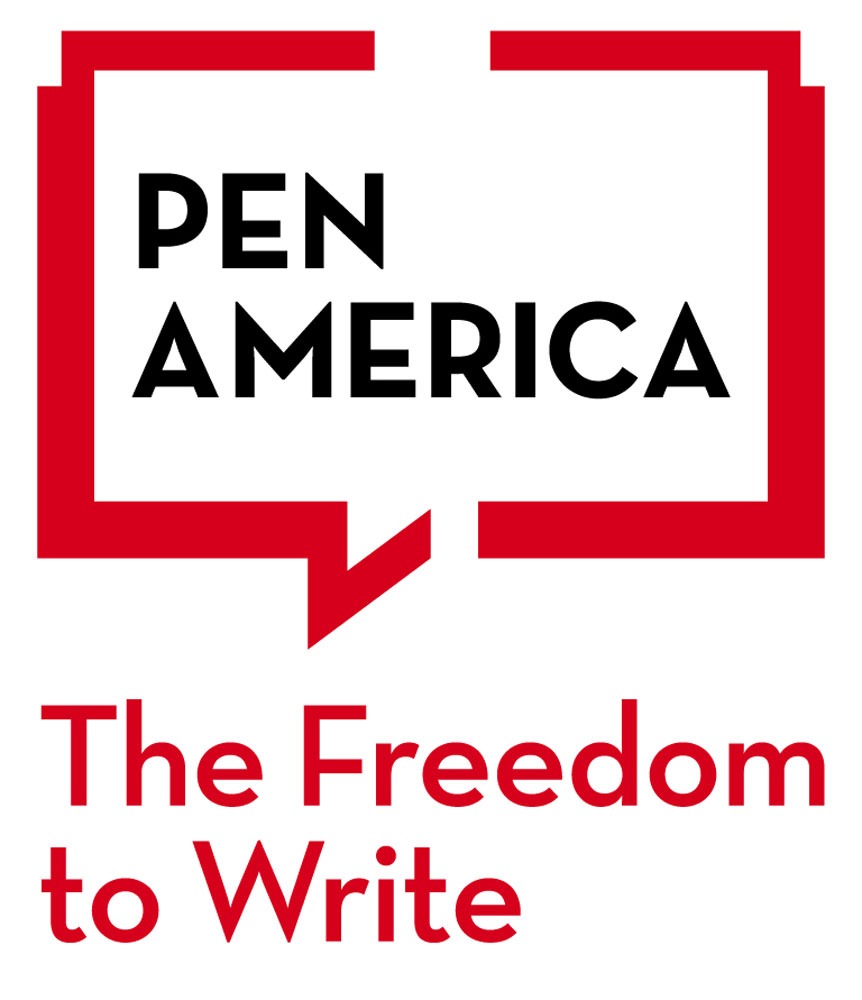
October 16, 2019; Dallas Morning News
Many nonprofits have been called to expand their missions in the wake of the 2016 election. NPQ watched as Planned Parenthood, the ACLU, the Yellowhammer Fund, RAICES Texas, and others grew suddenly and exponentially in reaction to government actions that threatened their communities. Add to that list PEN America, which announced this week the launch of six new chapters, spread across the country.
PEN America has long had offices in New York and Los Angeles, but now they will also have centers in Austin, Texas; Birmingham, Alabama; Dallas/Fort Worth, Texas; Detroit, Michigan; Piedmont, North Carolina; and Tulsa, Oklahoma. The group’s mission, according to the Form 990, is to “stimulate and maintain interest in the written word, to foster a vital literary culture, and to defend freedom of speech domestically and internationally.” Their activities run the gamut: they run from campaigns to free writers who face threats or imprisonment around the world, celebrate prominent authors with readings and festivals, promote new literature through contests and awards, and monitor press freedom and address hate speech and other complexities of the written word.
“What we do straddles both the literary world and the human rights, free expression world,” says PEN’s director of membership, Rebecca Werner.
After the 2016 election, PEN’s leaders decided that celebrating free expression would require more than an outpost on each coast. They launched PEN Across America, which had funds for press freedom incentives and literary engagement. Leaders went on a sort of listening tour, engaging with literary communities in the middle of the country, and were energized by what they found.
All six new chapters will be led by leaders in local literary communities who have showed leadership and activism in this space. “Our chapters will bring years of mobilization, activism and organizing among writing communities across the country to the next level. We are exceptionally proud of the local leaders who are driving forward this effort,” said PEN America CEO Suzanne Nossel.
Sign up for our free newsletters
Subscribe to NPQ's newsletters to have our top stories delivered directly to your inbox.
By signing up, you agree to our privacy policy and terms of use, and to receive messages from NPQ and our partners.
In its press release, Jennifer Egan, a novelist and the president of PEN America, says she views these six chapters as the start of a bigger expansion: “The 2016 election made the creation of more PEN America chapters more urgent.” The move reflects a network organizing strategy that draws upon an already-building reserve of energy.
Rather than dictate from New York, we’re eager to let individual communities define for themselves what PEN America’s mission can mean for them and what sorts of events will be most welcome to our members in those places. We began talking to our most active Members and leaders in a number of key regions and chose these six as an opening salvo. We all share a collective wish to celebrate great books, spark local dialogue, and promote free expression, but what exactly that will look like in each place is up to the individual chapters. We’re excited to support and learn from their initiatives.
Sanderia Faye, a Dallas novelist who founded the reading series LitNight, and Will Evans, director of the independent press Deep Vellum, will lead the Dallas chapter. Faye says the new center “only confirms my idea that this is what is happening, that we are actually growing into where eventually people will consider us a literary city.”
Evans says, “I definitely want to use PEN as a way to get all the different literary groups in the city to come together and kind of solidify what it means to be a literary citizen in Dallas, because PEN is really uniquely equipped to help make that happen.”
We’re not so sure that citizens need rules on how to be considered “literary” or an official arbiter of the designation, but unifying organizations for common impact could have some great results. We’re encouraged by this quote from membership director Rebecca Werner, who says, “Rather than pre-ordaining a select list of geographies, to build these chapters we have worked hand-in-hand with local leaders, focusing on the communities that have been most energized and organized as the leading edge in our drive to become a more fully national organization.”—Erin Rubin













